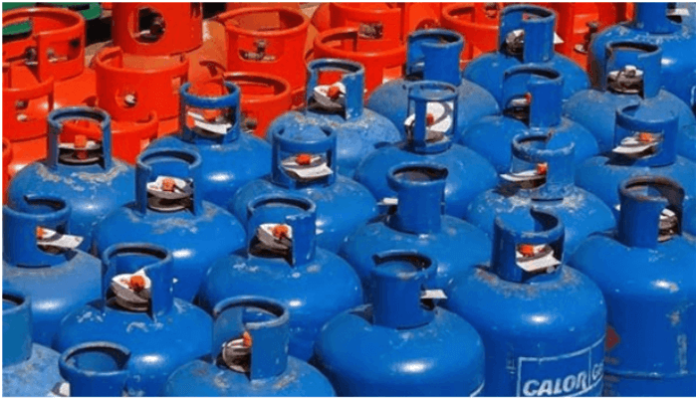The price of Liquefied Petroleum Gas (LPG), commonly known as cooking gas, continues to rise sharply across Nigeria, defying the federal government’s recent export ban intended to stabilise domestic supply.
Consumers nationwide are grappling with steep price hikes, with costs rising by over 45.8% in some regions. For many, the basic necessity of cooking gas is fast becoming a luxury.
Maria Okafor, a single mother of three, expressed her frustration. “Last month, I bought a 12.5kg cylinder for ₦12,000. Today, they’re asking for ₦17,500. How are we supposed to survive?” she lamented outside her small kiosk.
Others, like Grace Adebowale, are being forced to explore alternatives. “I never thought I would be paying this much for gas to cook my meals,” she said. “We’ve started using charcoal again, but it’s slower, dirtier, and more stressful. My children complain about the smoke; it feels like we’re going backwards.”
The impact extends beyond households, threatening small businesses reliant on cooking gas. Adewale Ogunleye, who runs a roadside Amala joint in Abuja, said the rising costs are eroding his profit margins.
“Cooking gas is my biggest expense. If the prices keep going up, I’ll have to increase food prices, and customers won’t come,” he explained. Ogunleye has reluctantly switched to firewood, noting, “It’s cheaper, but it takes more time, affects the taste of the food, and is bad for the environment.”
According to the National Bureau of Statistics (NBS), the average retail price for refilling a 12.5kg cylinder of LPG surged by 58.68% from ₦10,545.87 in October 2023 to ₦16,734.55 in October 2024. Similarly, the cost of refilling a 5kg cylinder rose to ₦6,915.69 in October, reflecting a 51.58% year-on-year increase from ₦4,562.51 in October 2023.
Households in Borno State are paying the highest price for a 5kg cylinder at ₦7,939, while Rivers State residents are spending the most for 12.5kg cylinders, averaging ₦17,895.
The price hikes come amid rising inflation and economic challenges, further straining Nigerians’ already stretched budgets. As families and businesses adjust to the new reality, many are left questioning the effectiveness of government policies meant to alleviate the crisis.













